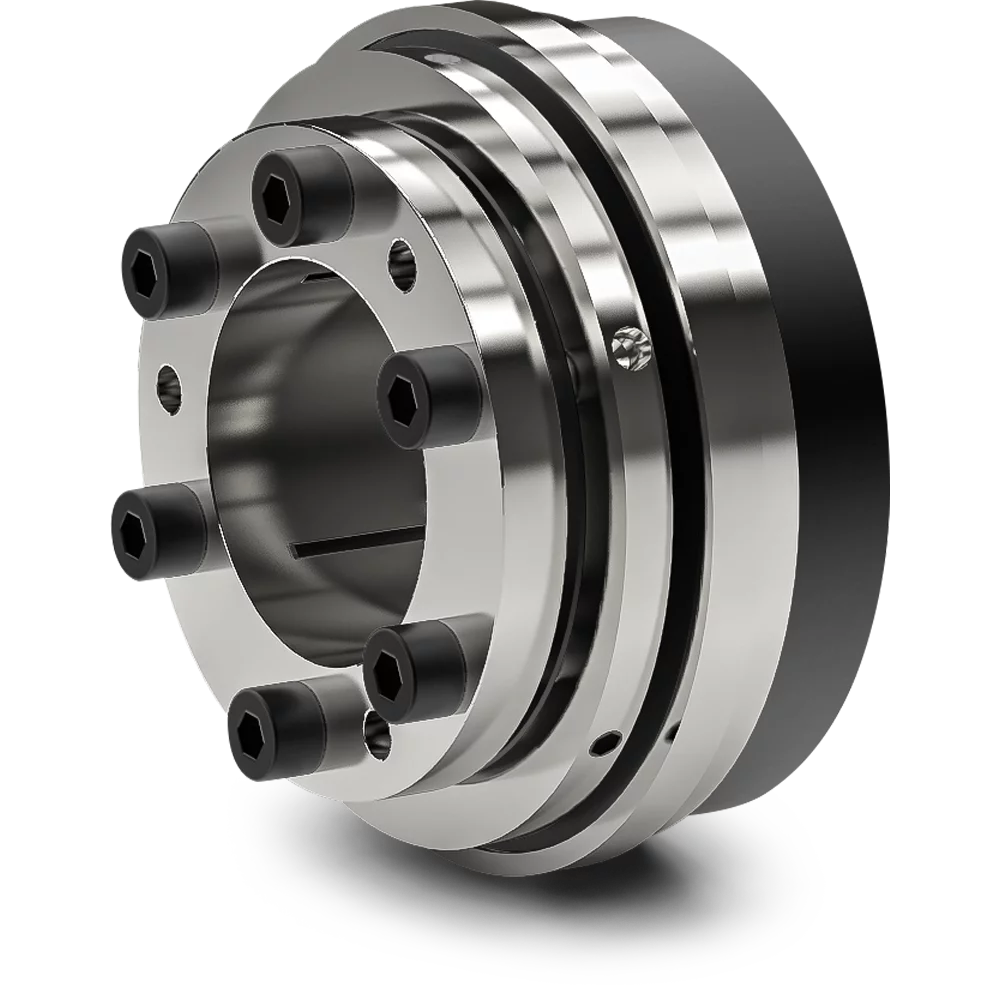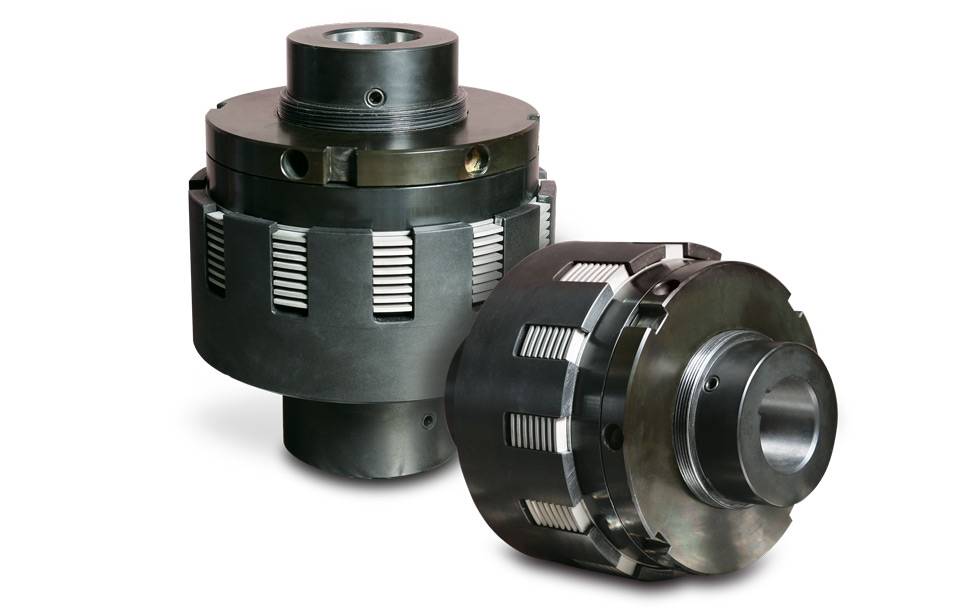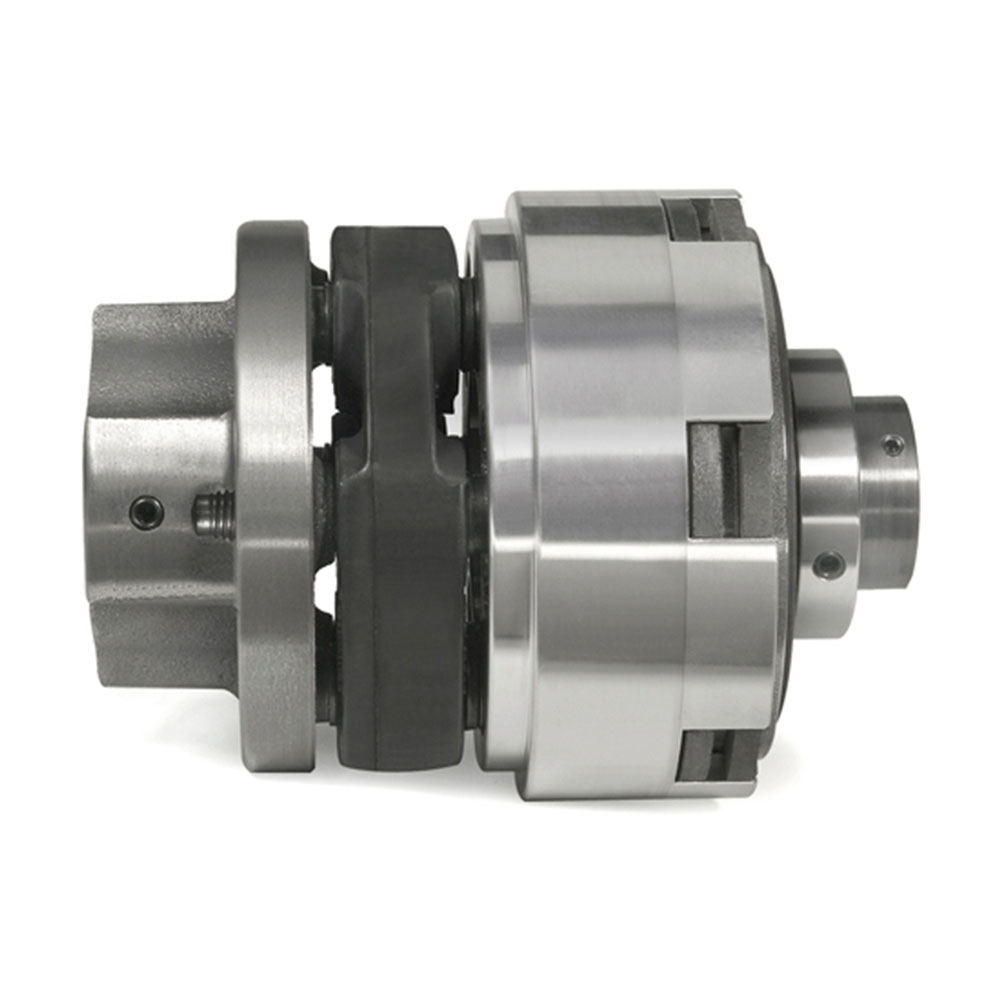Product Description
Excavator CHINAMFG Spring Track Adjuster Tensioner
| The advantage of track adjuster component | ||
| 1 | Piston rod | *key component *40# steel & 40Cr *Using high precision mirrior polishing *The thickness of plate 0.571mm (electroplating 0.05mm then grinding to 0.571mm to ensure surface hardness reach HB700) *Electroplating-fresting-heat treatment-sand blasting |
| 2 | Spring | *High strength spring steel *Recoil size is same as original *Roughness as well as original materil *Produce as per OEM standard *Taped end spring and standard spring *Fully inspected |
| 3 | Nut screw | 45# steel quenched and tempered |
| 4 | Track cylinder | *Precision casting *Rolling surface treatment process inside *Gloss surface *Track cylinder surface finish RA<0.2(inner and outer) *Cylinder and screw pin press together(others may by welding) |
| 5 | U york | Precision casting,high strength and abrasion resistant |
| 6 | Seal kit | Top quality |
| 7 | Valve | OEM design with in&out grease valve |
For Komatsu
PC20-7 PC30 PC30-3 PC30-5 PC30-6 PC40-7 PC45 PC45-2 PC55
PC120-6 PC130 PC130-7 PC200 PC200-1 PC200-3 PC200-5 PC200-6 PC200-7
PC200-8 PC210-6 PC220-1 PC220-3 PC220-6 PC220-7 PC220-8 PC270-7 PC202B
PC220LC-6 PC220LC-8 PC240 PC300 PC300-3 PC300-5 PC300-6 PC300-7 PC300-7K
PC300LC-7 PC350-6/7 PC400 PC400-3 PC400-5 PC400-6 PC400lc-7 PC450-6 PC450-7
PC600 PC650 PC750 PC800 PC1100 PC1250 PC2000
D20 D31 D50 D60 D61 D61PX D65A D65P D64P-12
D80 D85 D155 D275 D355
For HITACHI
EX40-1 EX40-2 EX55 EX60 EX60-2 EX60-3 EX60-5 EX70 EX75
EX100 EX110 EX120 EX120-1 EX120-2 EX120-3 EX120-5 EX130-1 EX200-1
EX200-2 EX200-3 EX200-5 EX220-3 EX220-5 EX270 EX300 EX300-1 EX300-2
EX300-3 EX300-5 EX300A EX330 EX370 EX400-1 EX400-2 EX400-3 EX400-5
EX450 ZAX30 ZAX55 ZAX200 ZAX200-2 ZAX330 ZAX450-1 ZAX450-3 ZAX450-5
ZX110 ZX120 ZX200 ZX200 ZX200-1 ZX200-3 ZX200-5g ZX200LC-3 ZX210
ZX210-3 ZX210-3 ZX210-5 ZX225 ZX240 ZX250 ZX270 ZX30 ZX330
ZX330 ZX350 ZX330C ZX450 ZX50
For CATERPILLER
E200B E200-5 E320D E215 E320DL E324D E324DL E329DL E300L
E320S E320 E320DL E240 E120-1 E311 E312B E320BL E345
E324 E140 E300B E330C E120 E70 E322C E322B E325
E325L E330 E450 CAT225 CAT312B CAT315 CAT320 CAT320C CAT320BL
CAT330 CAT322 CAT245 CAT325 CAT320L CAT973
D3 D3C D4 D4D D4H D5M D5H D6 D6D
D6M D6R D6T D7 D7H D7R D8 D8N D8R
D9R D9N D9G D10
For Sumitomo
SH120 SH120-3 SH200 SH210-5 SH200 SH220-3 SH220-5/7 SH290-3 SH350-5/7
SH220 SH280 SH290-7 SH260 SH300 SH300-3 SH300-5 SH350 SH60
SH430
For KOBELCO
SK120-6 SK120-5 SK210-8 SK210LC-8 SK220 SK220-1 SK220-3 SK220-5/6 SK200
SK200 SK200 SK200-3 SK200-6 SK200-8 SK200-5/6 SK60 SK290 SK100
SK230 SK250 SK250-8 SK260LC-8 SK300 SK300-2 SK300-4 SK310 SK320
SK330-8 SK330 SK350LC-8 SK235SR SK450 SK480 SK30-6
For DAEWOO
DH200 DH220-3 DH220 DH220S DH280-2 DH280-3 DH55 DH258 DH130
DH370 DH80 DH500 DH450 /DH225
For HYUNDAI
R60-5 R60-7 R60-7 R80-7 R200 R200-3 R210 R210 R210-9
R210LC R210LC-7 R225 R225-3 R225-7 R250 R250-7 R290 R290LC
R290LC-7 R320 R360 R954
For KATO
HD512 HD1430 HD 512III HD 820III HD820R HD1430III HD700VII HD 1250VII HD250SE
HD400SE HD550SE HD1880
For DOOSAN
DX225 DX225LCA DX258 DX300 DX300LCA DX420 DX430
For VOLVO
EC160C EC160D EC180B EC180C EC180D EC210 EC210 EC210B EC240B
EC290 EC290B EC240 EC55 EC360 EC360B EC380D EC460 EC460B
EC460C EC700 EC140 EC140B EC160B
BULLDOZER
For CATERPILLER
D3 D3C D4 D4D D4H D5M D5H D6 D6D
D6M D6R D6T D7 D7H D7R D8 D8N D8R
D9R D9N D9G D10
For komatsu
D20 D31 D50 D60 D61 D61PX D65A D65P D64P-12
D80 D85 D155 D275 D355
VOCHAINS wide range of Undercarriage Parts & Components including:
- Track Chains (Standard, Heavy Duty & “PPR” Series)
- Forged and Cast Drive Segments
- Drive Sprockets
- Idlers
- Lower Rollers
- Carrier Rollers
- Track Tensioning Assemblies and Components
- Heavy Duty Forestry Roller and Idlers
We are ZheJiang CHINAMFG Imp & Exp Co., Ltd, specialize in providing EXCAVATOR BUCKET and UNDERCARRIAGE PARTS for Excavator and Bulldozer, the brand include CAT, Komatsu, Volvo, Shantui, Hitachi, Kobelco, Hyundai, Doosan, Sumitomo, CHINAMFG and other CHINAMFG brands.
We supply a wide range of track adjuster assembly / spring assembly /cylinder assembly for excavator
Reserched,designed, and developed using superior durability.
Maximum durability in extremely tough working condition.
Fully inspected for the best quality and best performance.
CONTACT US:
| Nancy ——————— Sale Manager ZheJiang CHINAMFG Imp & Exp Co. Ltd. Add: HangZhou City, ZheJiang Provice, China Mobile: |
/* January 22, 2571 19:08:37 */!function(){function s(e,r){var a,o={};try{e&&e.split(“,”).forEach(function(e,t){e&&(a=e.match(/(.*?):(.*)$/))&&1
| After-sales Service: | Provide Technical Support |
|---|---|
| Warranty: | One Years |
| Type: | Crawler |
| Application: | Excavator |
| Certification: | CE, ISO9001: 2000 |
| Condition: | New |
| Customization: |
Available
|
|
|---|

What is the impact of tensioner rollers on the noise level and vibration in a belt drive system?
Tensioner rollers play a significant role in managing the tension and alignment of belts in a belt drive system, and they can have a notable impact on the noise level and vibration of the system. Here’s a detailed explanation of the impact of tensioner rollers on noise and vibration in a belt drive system:
1. Noise Reduction:
Tensioner rollers help reduce noise in a belt drive system by maintaining proper belt tension and alignment. When the tensioner roller is properly adjusted, it ensures that the belt remains in contact with the pulleys without excessive slack or tension. This helps minimize belt slippage, which is a common source of noise in belt drive systems. Additionally, tensioner rollers with damping mechanisms or optimized designs can further reduce noise by absorbing vibrations and minimizing the transmission of sound waves through the system.
2. Vibration Damping:
Tensioner rollers can also contribute to the damping of vibrations in a belt drive system. Vibrations can occur due to various factors, such as belt misalignment, inconsistent tension, or irregularities in the pulley surfaces. By maintaining proper tension and alignment, tensioner rollers help reduce these vibrations. Additionally, tensioner rollers with damping mechanisms or advanced bearing systems can absorb and dissipate vibrations, further reducing the overall vibration levels in the system.
3. Belt Slap and Flutter Prevention:
Tensioner rollers play a crucial role in preventing belt slap and flutter, which are sources of noise and vibration in belt drive systems. Belt slap occurs when the belt tension is insufficient, causing the belt to oscillate and slap against nearby components. Flutter refers to the rapid vibration or flapping of the belt due to irregular tension or misalignment. Tensioner rollers help maintain proper tension and alignment, preventing belt slap and flutter and consequently reducing the associated noise and vibration.
4. Improved Belt Contact:
Proper tension and alignment provided by tensioner rollers ensure improved belt contact with the pulleys. When the belt is correctly tensioned, it maintains consistent and optimal contact with the pulley surfaces. This results in smoother power transmission and reduced belt slip, which in turn leads to reduced noise and vibration. Tensioner rollers help maintain this optimal belt contact, contributing to quieter and smoother operation of the belt drive system.
5. Reduced Wear and Tear:
By maintaining proper tension and alignment, tensioner rollers help minimize excessive wear and tear on the belt and other components in the drive system. When the belt is properly tensioned, it experiences less stress and friction, reducing the likelihood of noise and vibration-inducing issues such as belt stretching, slipping, or premature wear. By minimizing these factors, tensioner rollers contribute to a quieter and smoother-running belt drive system.
6. System Stability:
Optimal tension and alignment provided by tensioner rollers contribute to the overall stability of the belt drive system. When the belt operates with consistent tension and alignment, it reduces the chances of sudden changes or fluctuations that can lead to noise and vibration. The stability provided by tensioner rollers helps maintain a more controlled and balanced operation, resulting in reduced noise and vibration levels.
7. Maintenance of Performance Over Time:
Tensioner rollers help maintain the performance of the belt drive system over time. As belts naturally wear and stretch over their lifespan, tensioner rollers can compensate for these changes by continuously adjusting the tension. This ensures that the belt remains properly tensioned and aligned, minimizing the risk of noise and vibration issues that can arise from belt deterioration. By maintaining consistent performance, tensioner rollers contribute to a quieter and smoother-running belt drive system throughout its service life.
In summary, tensioner rollers have a significant impact on the noise level and vibration in a belt drive system. They help reduce noise by maintaining proper tension and alignment, absorbing vibrations, preventing belt slap and flutter, and improving belt contact. Tensioner rollers also contribute to smoother operation, reduced wear, increased system stability, and long-term performance maintenance. By ensuring optimal functionality, tensioner rollers help create a quieter and more vibration-free environment in belt drive systems.

How does the design of tensioner rollers impact the overall efficiency of belt-driven systems?
The design of tensioner rollers plays a significant role in determining the overall efficiency of belt-driven systems. Various design factors influence the performance, reliability, and energy efficiency of the system. Here’s a detailed explanation of how the design of tensioner rollers impacts the overall efficiency:
1. Friction and Energy Loss:
The design of tensioner rollers affects the amount of friction generated between the roller and the belt. Excessive friction can result in energy loss and reduced efficiency. Tensioner rollers with smooth surfaces, low-friction materials, and optimal contact area reduce friction, minimizing energy loss in the system. Well-designed tensioner rollers help maximize power transmission efficiency by reducing frictional losses.
2. Bearing Design and Lubrication:
The design of the bearings used in tensioner rollers influences the overall efficiency of the system. High-quality bearings with low friction and proper lubrication minimize power losses due to bearing friction. Well-designed tensioner rollers incorporate efficient bearing arrangements, such as sealed or lubricated-for-life bearings, to reduce friction and improve overall system efficiency.
3. Weight and Inertia:
The weight and inertia of tensioner rollers can impact the system’s efficiency, especially in high-speed applications. Heavier tensioner rollers require more energy to accelerate and decelerate, resulting in increased power consumption. Well-designed tensioner rollers optimize their weight and inertia to minimize energy losses associated with rotational motion, improving the overall efficiency of the belt-driven system.
4. Material Selection:
The choice of materials for tensioner rollers can significantly impact system efficiency. Materials with low friction coefficients, high strength, and good wear resistance help reduce energy losses and improve overall efficiency. Well-designed tensioner rollers utilize materials that minimize internal friction, reduce wear on the belt, and enhance power transmission efficiency.
5. Dynamic Tension Control:
Some tensioner roller designs incorporate dynamic tension control mechanisms that adapt to changes in operating conditions. These mechanisms adjust the tension in real-time, optimizing the belt’s grip and reducing power losses due to slippage or excessive tension. Tensioner rollers with advanced tension control features help maintain optimal tension levels, improving overall system efficiency.
6. Alignment and Belt Tracking:
Proper alignment and belt tracking are essential for efficient power transmission and reduced wear. Tensioner rollers with well-designed alignment features ensure that the belt remains properly aligned with the pulleys throughout its operation. This minimizes energy losses resulting from misalignment, reduces belt wear, and improves the overall efficiency of the belt-driven system.
7. Durability and Maintenance:
The design of tensioner rollers can impact their durability and maintenance requirements. Well-designed tensioner rollers are built to withstand the rigors of the application, reducing the need for frequent replacements. Additionally, easy-to-maintain designs with accessible components simplify maintenance tasks, minimizing downtime and improving the overall efficiency of the belt-driven system.
8. Compliance with Industry Standards:
Designing tensioner rollers to comply with industry standards and specifications ensures that they meet performance and efficiency requirements. Standards such as ISO or ANSI define specifications for tensioner roller design, load capacity, and efficiency. Tensioner rollers designed and manufactured to meet these standards are more likely to contribute to the overall efficiency of the belt-driven system.
In summary, the design of tensioner rollers has a significant impact on the overall efficiency of belt-driven systems. Factors such as friction reduction, bearing design, weight and inertia optimization, material selection, dynamic tension control, alignment and belt tracking, durability, maintenance, and compliance with industry standards all contribute to improving system efficiency. Well-designed tensioner rollers help minimize energy losses, reduce wear, and enhance power transmission efficiency, resulting in more efficient and reliable belt-driven systems.

Are there specific applications where tensioner rollers are essential for proper belt operation?
Yes, there are specific applications where tensioner rollers are essential for proper belt operation. Tensioner rollers play a critical role in maintaining optimal belt performance and are particularly important in the following applications:
1. High-Torque Systems:
In applications where high torque is involved, such as heavy machinery or industrial equipment, tensioner rollers are essential for proper belt operation. High torque can exert significant forces on belts, leading to increased tension and potential belt slippage. Tensioner rollers help maintain the correct tension, ensuring secure power transmission and preventing belt failures or damage in these demanding applications.
2. Variable-Speed Drives:
In applications where variable speed is required, such as in automotive engines or industrial machinery, tensioner rollers are crucial for proper belt operation. Variable-speed drives often rely on belt drive systems to adjust the speed of driven components. Tensioner rollers help maintain consistent belt tension, allowing for smooth speed adjustments and reliable operation across different speed ranges.
3. Long Belt Lengths:
In applications that involve long belt lengths, such as conveyor systems or large-scale manufacturing equipment, tensioner rollers are essential. Long belts are prone to stretching and sagging, which can cause misalignment and decreased power transmission efficiency. Tensioner rollers help counteract belt stretch, maintaining the proper tension and alignment over extended distances, ensuring optimal belt operation in these applications.
4. High-Speed Applications:
For high-speed applications, such as in racing vehicles, aircraft engines, or industrial machinery with rapid rotational speeds, tensioner rollers are vital for proper belt operation. High speeds can generate significant centrifugal forces that impact belt tension and introduce vibrations. Tensioner rollers help maintain the necessary tension, absorb vibrations, and prevent belt slippage, ensuring reliable and efficient power transmission at high speeds.
5. Challenging Environments:
In applications exposed to challenging environments, such as off-road vehicles, construction machinery, or marine equipment, tensioner rollers are essential for proper belt operation. Harsh conditions, including dust, dirt, moisture, and temperature variations, can accelerate belt wear and affect performance. Tensioner rollers help maintain optimal belt tension, reducing the risk of belt damage and ensuring reliable operation in these demanding environments.
6. Multi-Belt Systems:
Applications that utilize multi-belt systems, such as heavy-duty trucks, agricultural machinery, or printing presses, require tensioner rollers for proper belt operation. Multi-belt systems often have several belts driving different components or accessories. Tensioner rollers help maintain individual belt tension and overall system balance, preventing belt slippage, ensuring consistent power transmission, and optimizing the performance of the entire system.
7. High-Precision Applications:
In applications that demand high precision, such as CNC machines, robotics, or medical equipment, tensioner rollers are essential for proper belt operation. These applications require accurate and reliable power transmission to ensure precise movements or operations. Tensioner rollers help maintain the correct belt tension, minimizing variations and ensuring consistent performance in high-precision operations.
In summary, tensioner rollers are essential for proper belt operation in various specific applications, including high-torque systems, variable-speed drives, long belt lengths, high-speed applications, challenging environments, multi-belt systems, and high-precision applications. Incorporating tensioner rollers in these applications is crucial for maintaining optimal belt performance, preventing belt failures, and ensuring reliable and efficient operation of the belt drive systems.


editor by Dream 2024-05-14